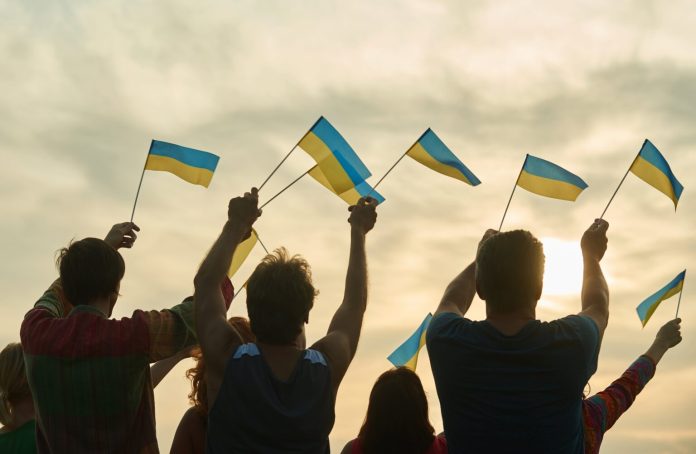Ukraine has been living in the conditions of a full -scale invasion of Russia for three years, which has changed not only the political and economic landscape of the country, but also the Ukrainians themselves. From the first months of unity and optimism to bitter realization that the war will last for years - society has gone through a difficult way of change. During this time, the changes have affected almost all aspects of Ukrainian life - from attitude to the state to national identity.
Sociologist Volodymyr Paniotto, President of the Kiev International Institute of Sociology (KIIS), divides social changes into two main periods: from the beginning of the invasion to October-November 2023 and the period from the end of 2023 to the present. The first period was marked by the unity around the state, the mobilization of people to fight the enemy. Ukraine has become the object of admiration and has taken respect in the world due to the stability in the first months of the war. However, in the second half of 2023 it became apparent that the counter -offensive did not meet expectations, the war went to a positional stage, and it became clear that the confrontation would last much longer than it seemed at first. One of the greatest achievements was how Ukrainians united around the state, despite their difficult economic and social conditions. The level of trust in state institutions that raised doubts before the war increased. If before the war, only 5% believed that the central authorities cope with their responsibilities, then in December 2022 this figure increased to 41%. The highest level of trust was given to the Armed Forces of Ukraine - in the first year of the war the level of trust increased from 72% to 96%. At the same time, the assessment of the President, the Government and the Verkhovna Rada has improved significantly. Vladimir Paniotto notes that the feeling of unity and fight against the enemy has strengthened national pride and increased the sense of patriotism.
One of the key results of the war was the final decision on Ukraine's geopolitical choice - accession to the European Union and NATO is supported by an absolute majority of citizens. According to the results of sociological research, the attitude to Russia has deteriorated dramatically: in three years the number of supporters of Russia among Ukrainians decreased to 2%. The war also significantly accelerated the process of formation of Ukrainian national identity. If before the war, only 40% of citizens considered themselves primarily citizens of Ukraine, then in 2022-2023 this figure increased to 80%. There was also an increase in the popularity of national holidays, the support of the Orthodox Church of Ukraine and to improve the OUN-UPA.
Over time, given the endless shelling, most Ukrainians realized that the war would last a long time. Reducing optimism after a failed counter -offensive and the spread of panic moods in the media and social networks has become obvious. However, despite the loss of some part of the initial enthusiasm, most citizens continue to stay ready to fight the enemy, no matter how long. Supporting Ukrainians to protect their country remained at a high level, and at the end of 2023 62% of citizens said they were ready to defend their country, which is twice as much as in Russia (32%).
The war became a catalyst for significant social changes in Ukraine. From rethinking identity to reorientation to Western values - these transformations have the potential to determine Ukraine's future for decades. Social changes, although not always sharp, testify to a deep and gradual rethinking of national identity, attitude to the state and international orientations.


